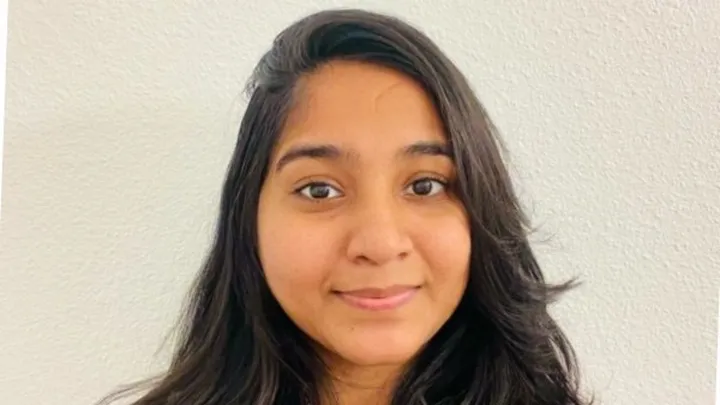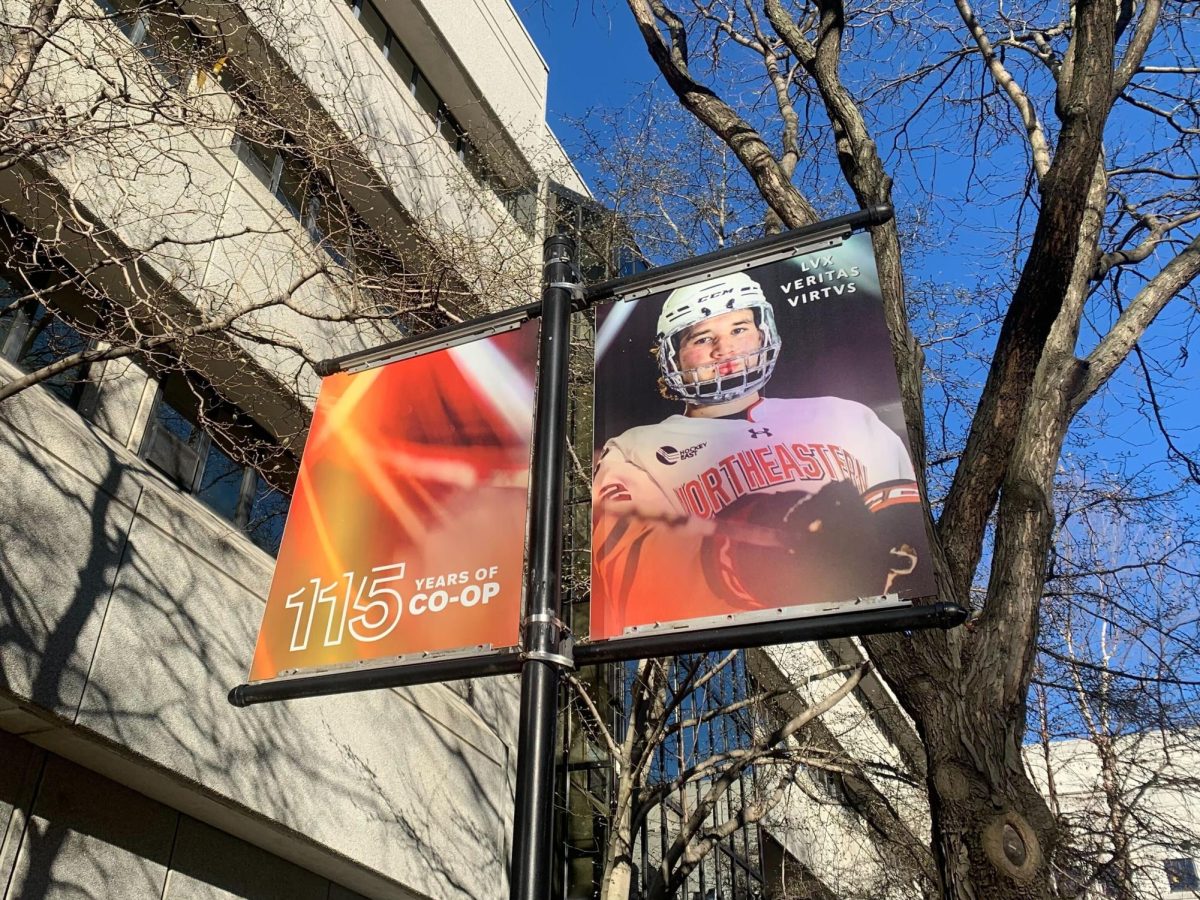By Melissa Danzo, News Staff
Former Massachusetts Governor and distinguished professor of political science Michael S. Dukakis hosted a panel Monday of Northeastern speakers to discuss hate, both generally and as it relates to campus.
The session, “Understanding Hate,” was the first installment of a series of six educational discussions on civic sustainability presented by the College of Social Sciences and Humanities (CSSH) and the Office of Student Affairs. The event and its successive installments are the offshoots of President Joseph E. Aoun’s newly created Presidential Council on Diversity and Inclusion (PCDI). The council is intended to help Northeastern become a more inclusive community.
The event began with an address by Uta G. Poiger, the interim dean of the CSSH to a packed West Village F lecture hall. Poiger emphasized Aoun’s desire for Northeastern to be a model, not a microcosm of society, and encouraged students to contribute to the conversation on how to make the campus more inclusive for all.
The Dean, who also is co-chair of the PCDI, continued to introduce the faculty panelists: Jack Levin, Jack McDevitt, Richard O’Bryant and Gordana Rabrenovic.
This panel of experts, all hailing from the CSSH, spoke for 10 minutes on their unique understandings of the concept of hate in society.
Jack Levin, a professor of sociology and criminology known around campus for his regular consulting work in the media, described the importance of empathy in combating hate. He said Northeastern’s dedication to programs aimed at bridging cross-cultural relationships are a mechanism for stemming hate.
“We need more students who will work in places others don’t want to go,” Levin said of international co-op, study abroad and service learning abroad.
These sentiments were echoed by Gordana Rabrenovic, associate professor of sociology and associate director of the Brudnick Center on Violence and Conflict, who sang the praises of service learning as a conduit for understanding the complexities and nuances of living in a multicultural community.
That is not to say the evening was spent giving Northeastern a pat on the back.
Jack McDevitt, associate dean of research for CSSH, reminded the audience that while rates of overall crime in the US are decreasing every year, violent hate crimes remain static, and college campuses in this country are the third most common place for hate crimes to occur.
In December, a menorah was vandalized in Krentzman Quadrangle.
Assistant professor of political science Richard O’Bryant pointed out trends he has noticed on the Northeastern campus in regard to race.
“You can go to the student center and see black students sitting with black students, white students sitting with white students, Asian students sitting with Asian students,” O’Bryant said.
Racial climate on college campuses has been a hot topic since the Civil Rights Movement, and according to O’Bryant, things have not necessarily cooled down.
O’Bryant, who is also the director of the John D. O’Bryant African American Institute on campus, referenced a study that says one in four college students feel racial tension on campus, but hardly any are white students.
“Often white students overestimate how satisfied minority students really are,” O’Bryant. “Racial realities have to be understood in order to be addressed.”
Following the panelists’ opening statements, audience members were encouraged to participate in the discussion.
Moderated by Dukakis, students asked questons for an hour, with questions regarding hate as an academic concept as well as specific Northeastern-centric questions that hit closer to home.
“Why haven’t we seen the university protecting its most vulnerable students?” asked senior human services major Frank Marino in reference to difficulties experienced specifically by LGBT students applying for gender-neutral housing.
Marino also commented on student initiatives such as the Progressive Student Alliance’s anti-sweatshop campaign to ban Adidas from the campus bookstore. He used this initiative as an example of students organizing and their voices falling upon deaf ears, as Adidas merchandise continues to be sold.
Ultimately, it is the goal of the Council to listen to student concerns and incorporate what is gathered from these discussions into orientation programming and residence hall experiences.
What else can students expect to see come out of Aoun’s Council?
“More discussion,” said Denis Sullivan, professor of political science, member of the planning committee, and a leader of Northeastern Dialogue of Civilizations programs. “But what’s important is not only speaking, but doing.
The series will continue this semester with “I Am Northeastern: NU Students Build Community and Peace” on Wednesday, March 20.








